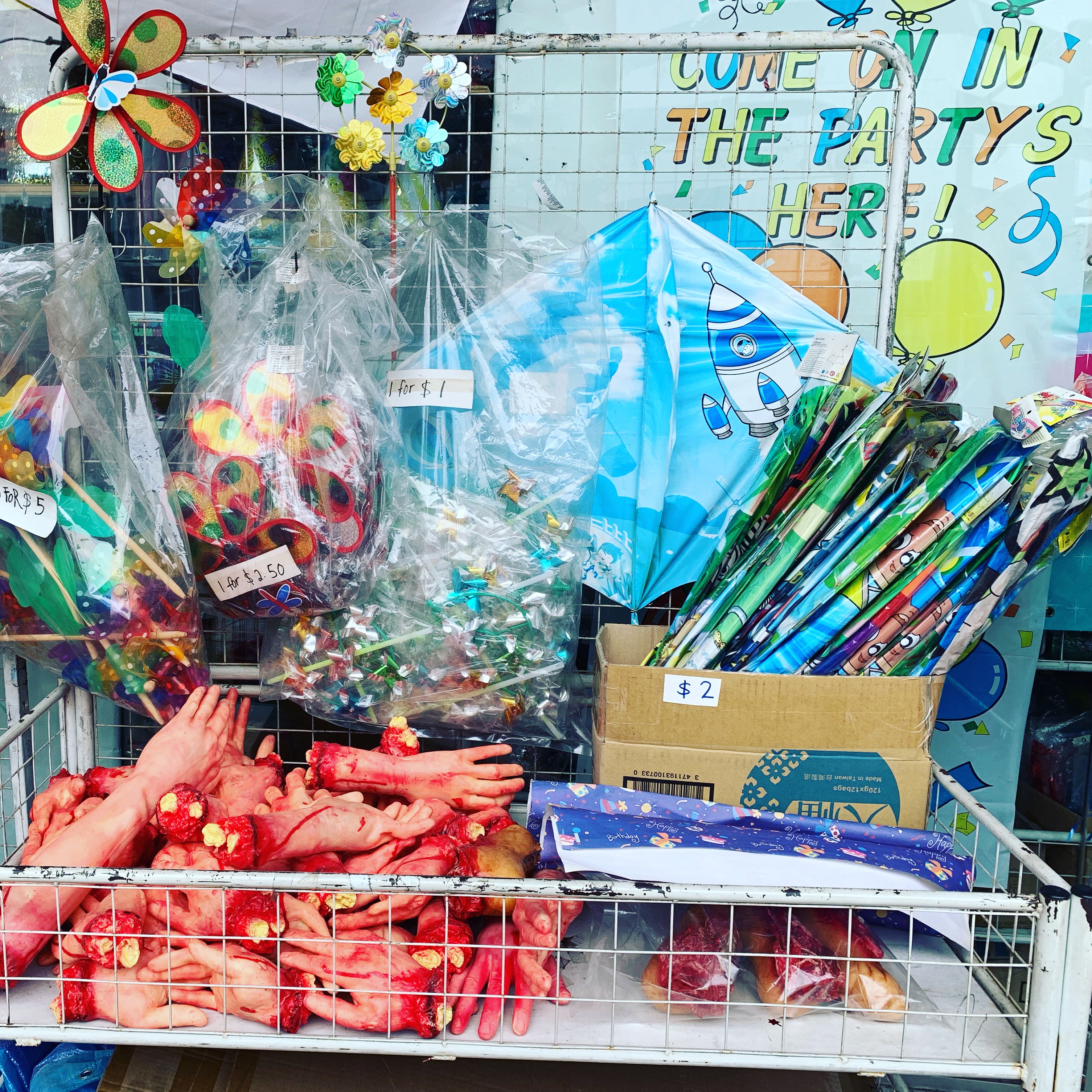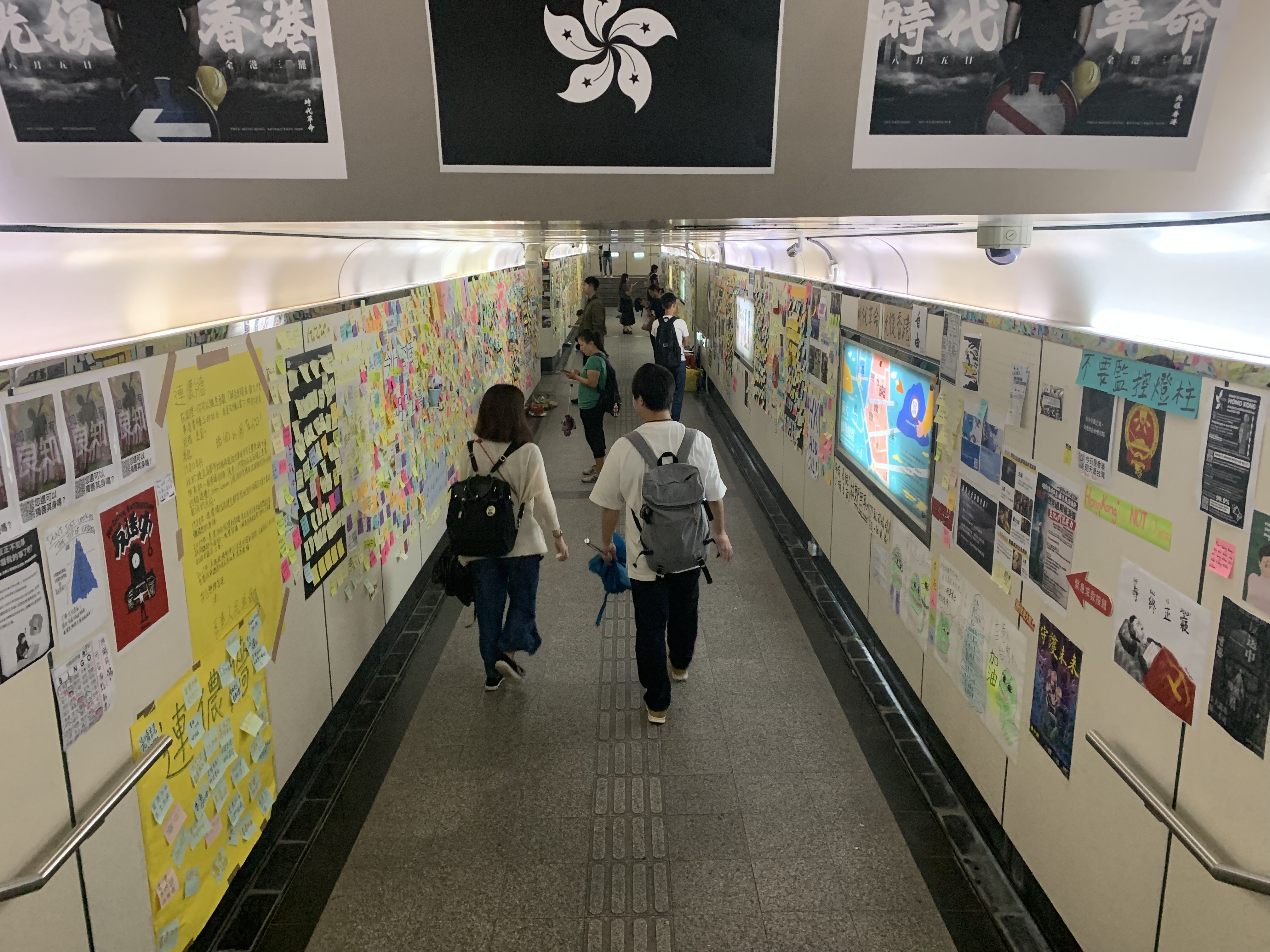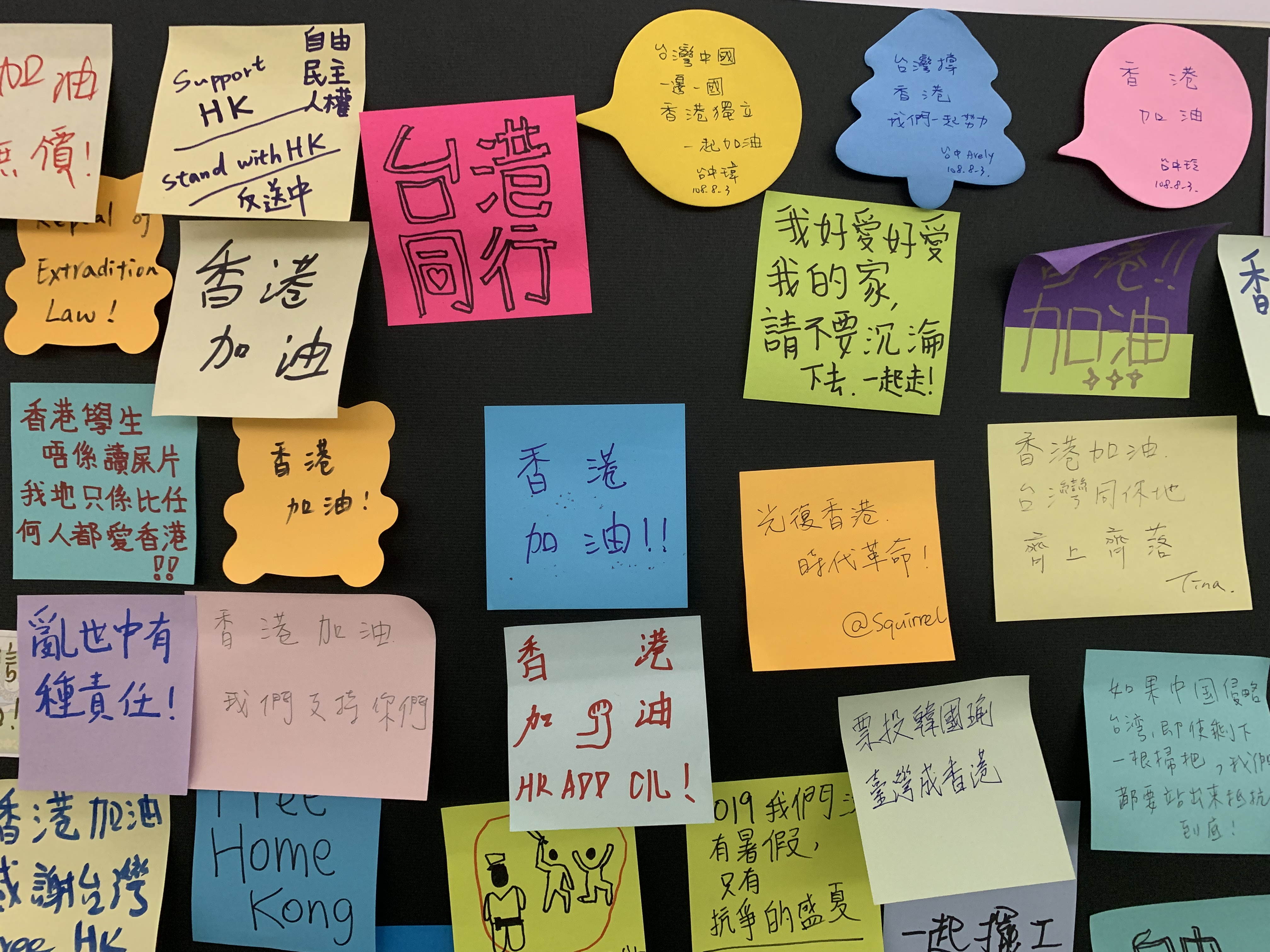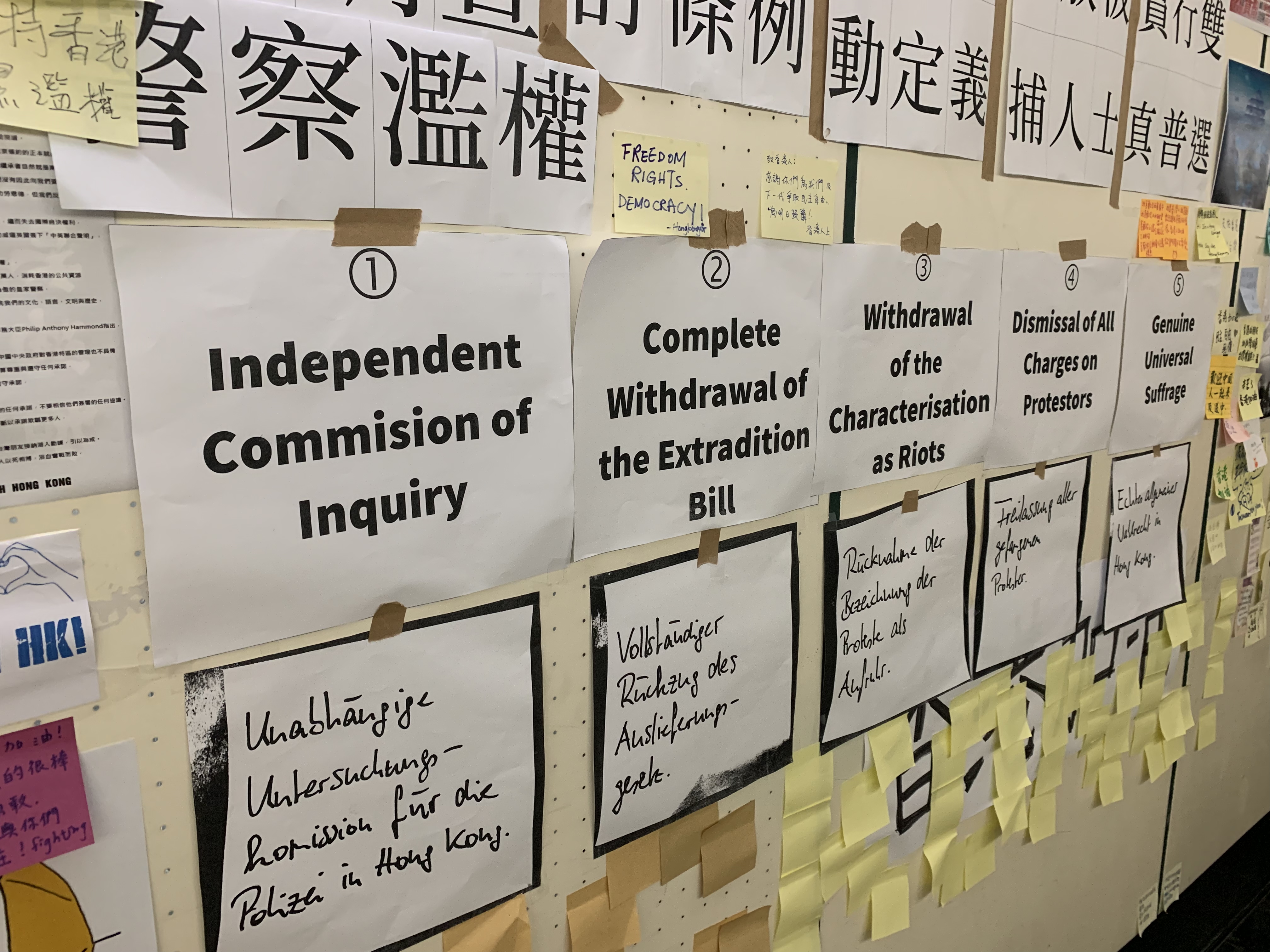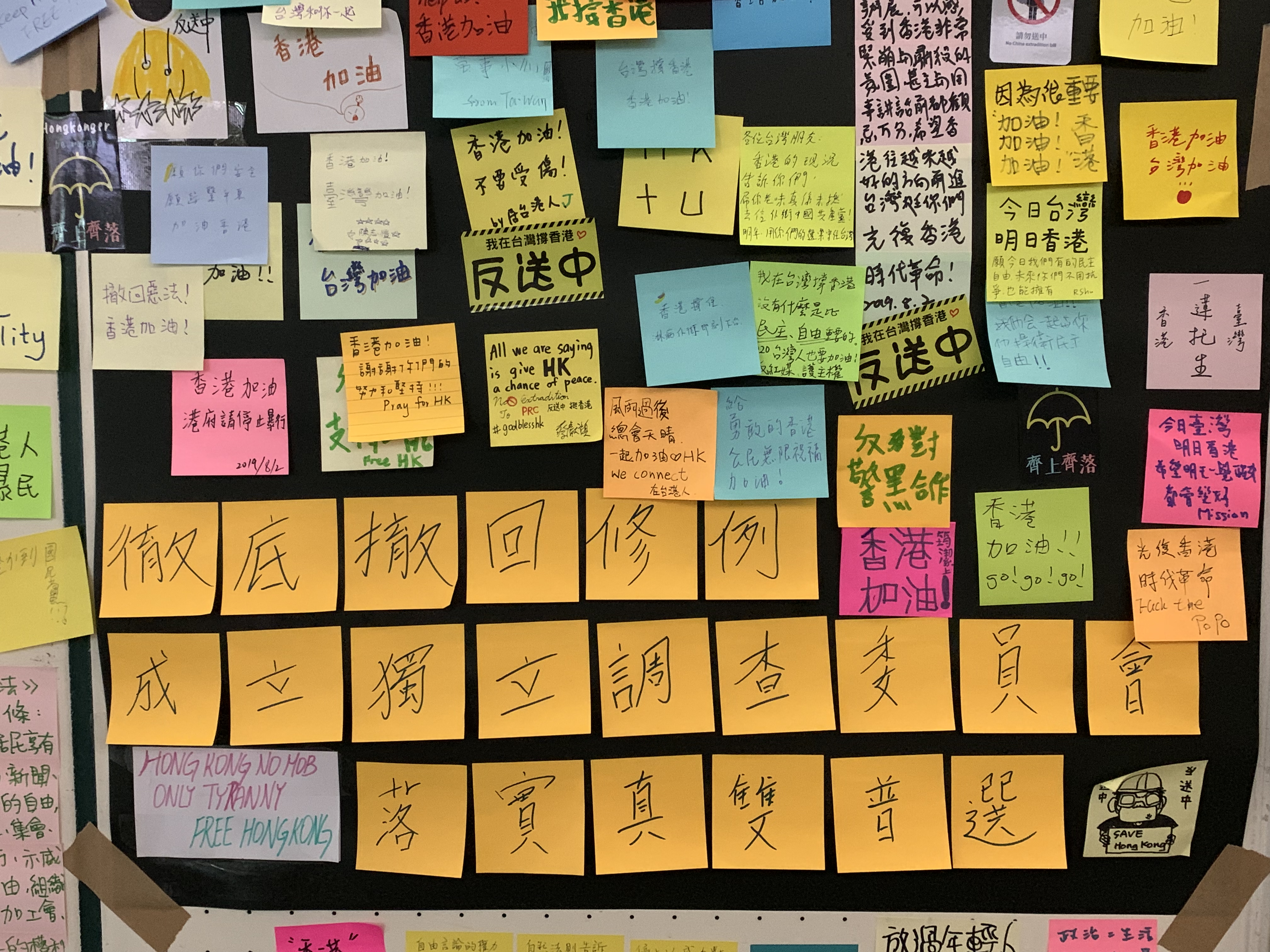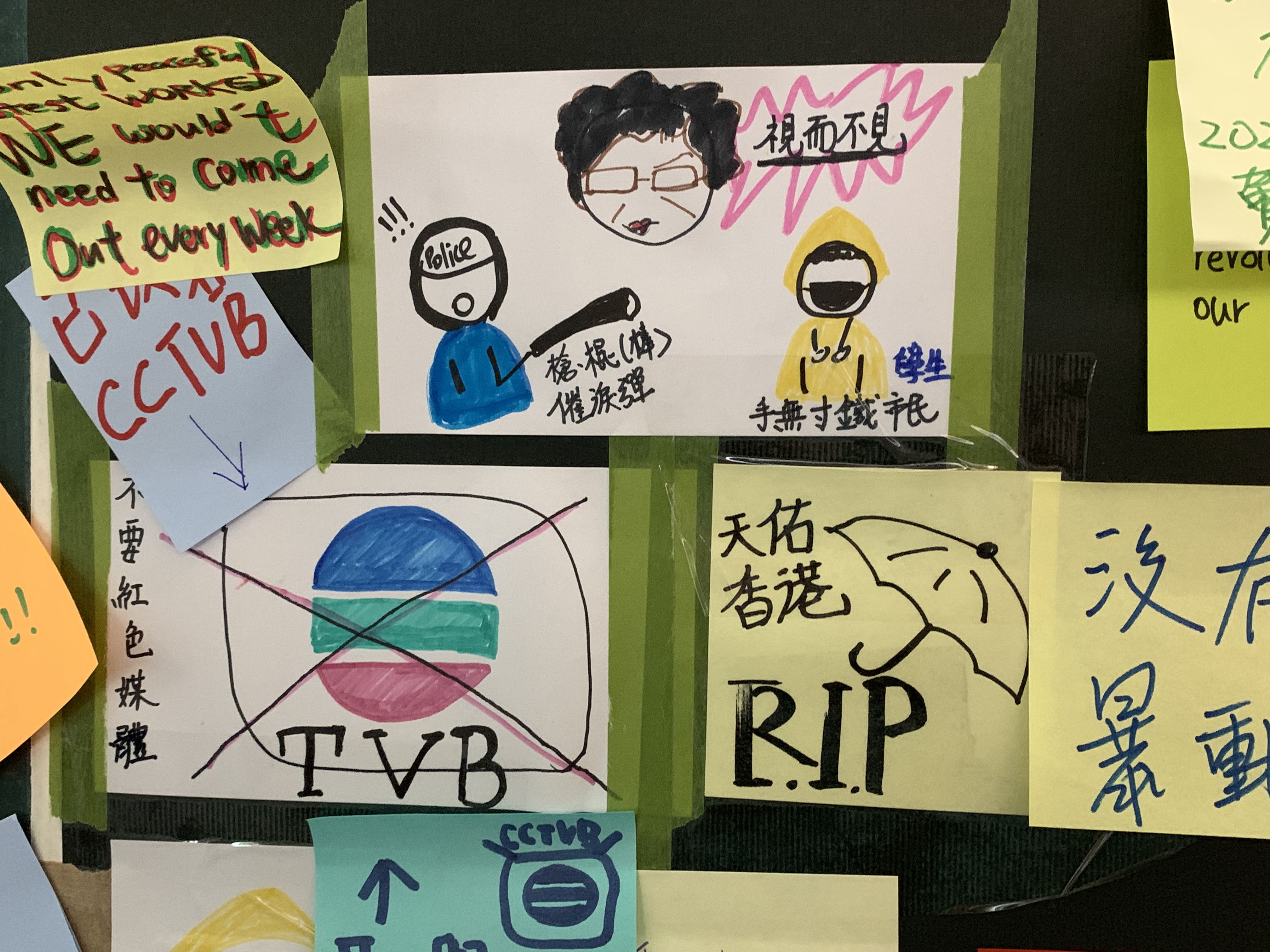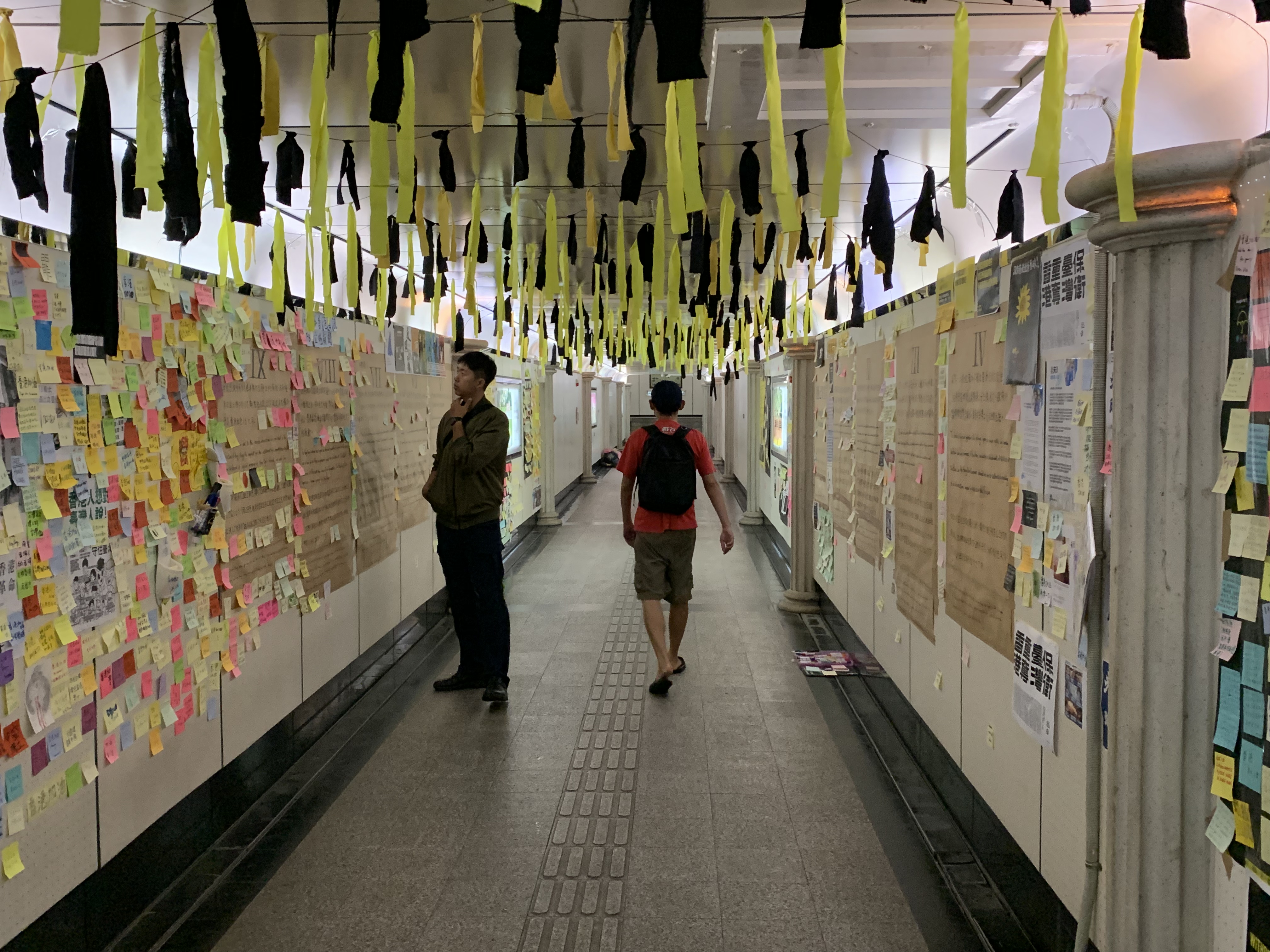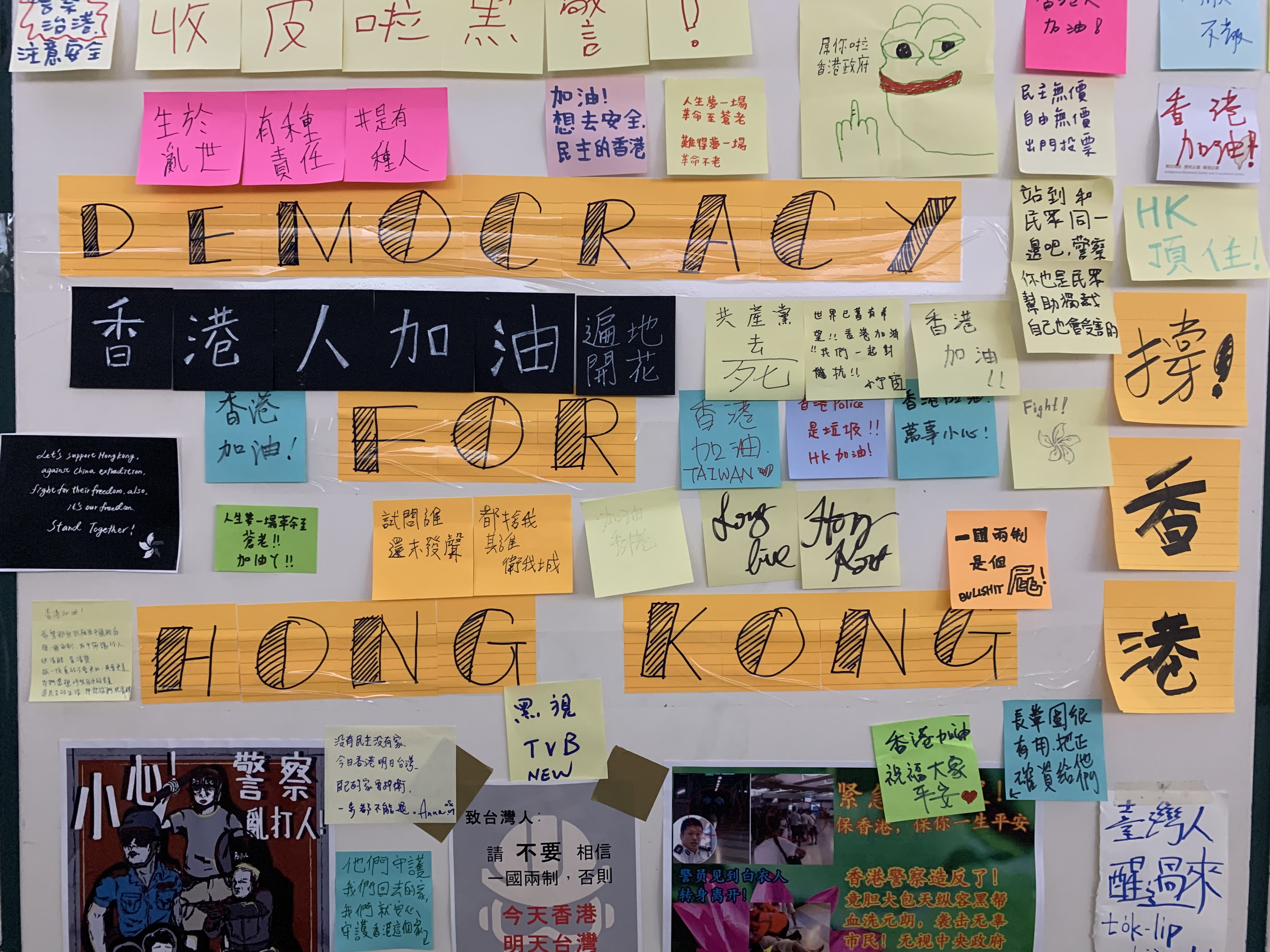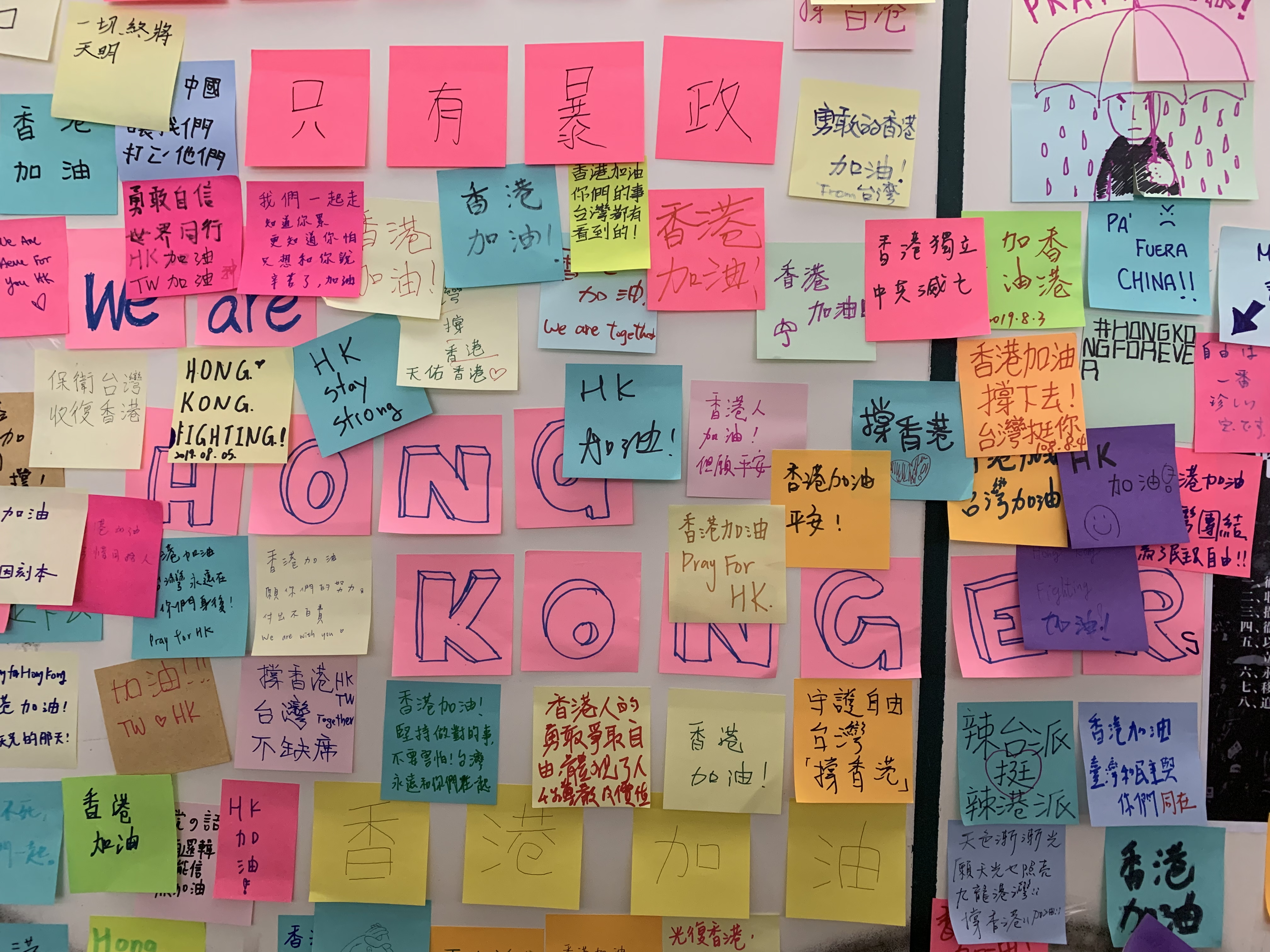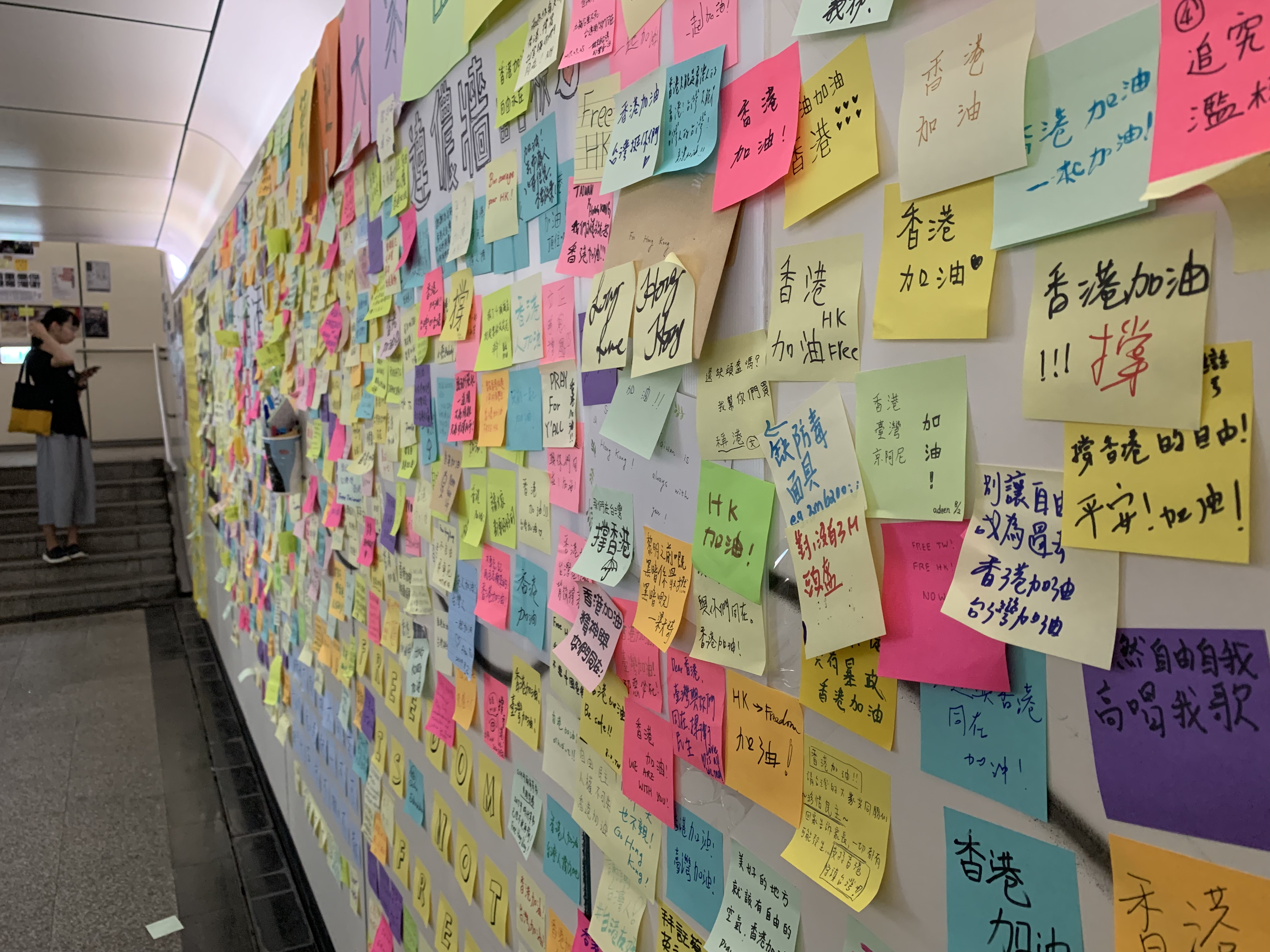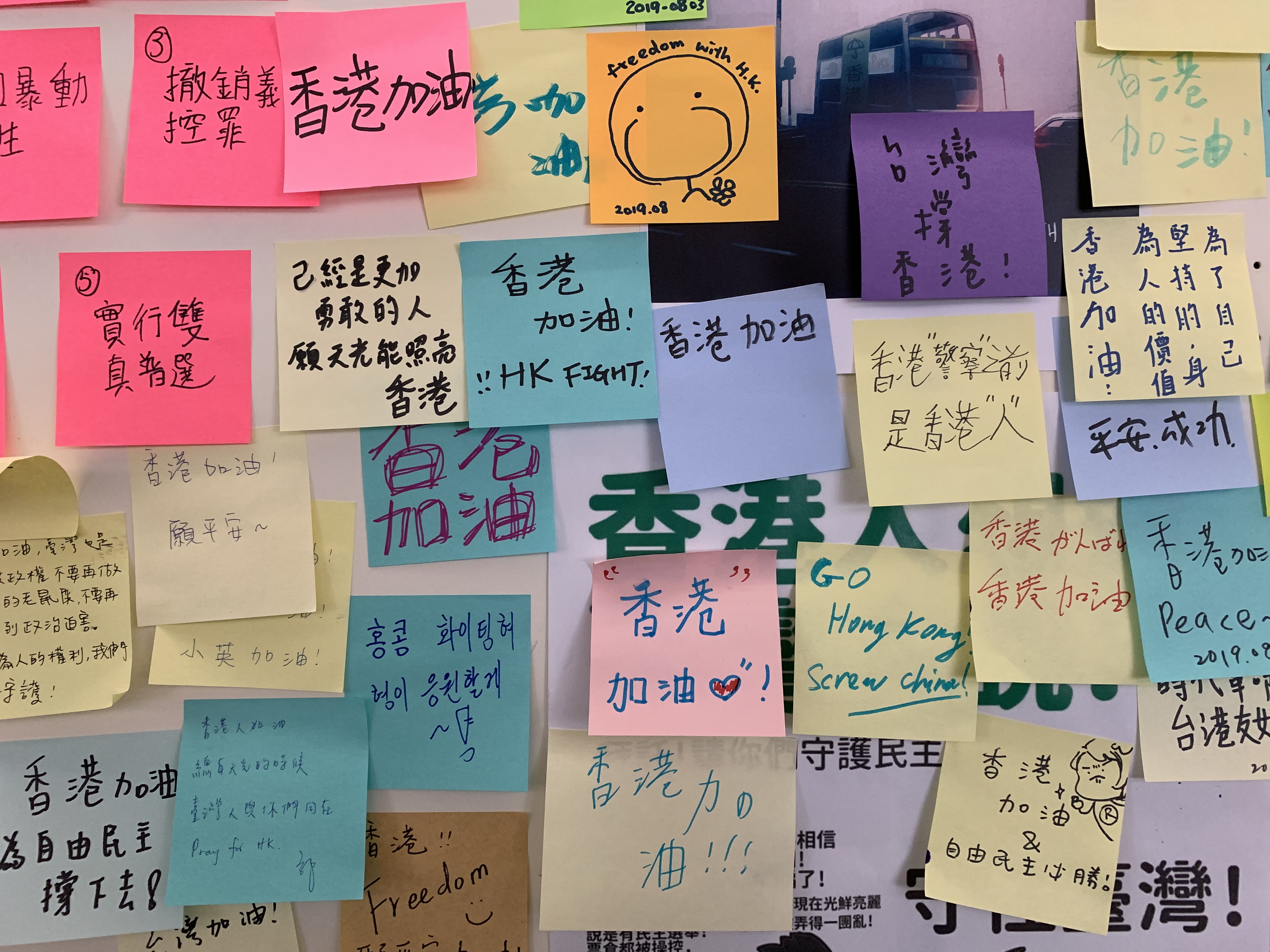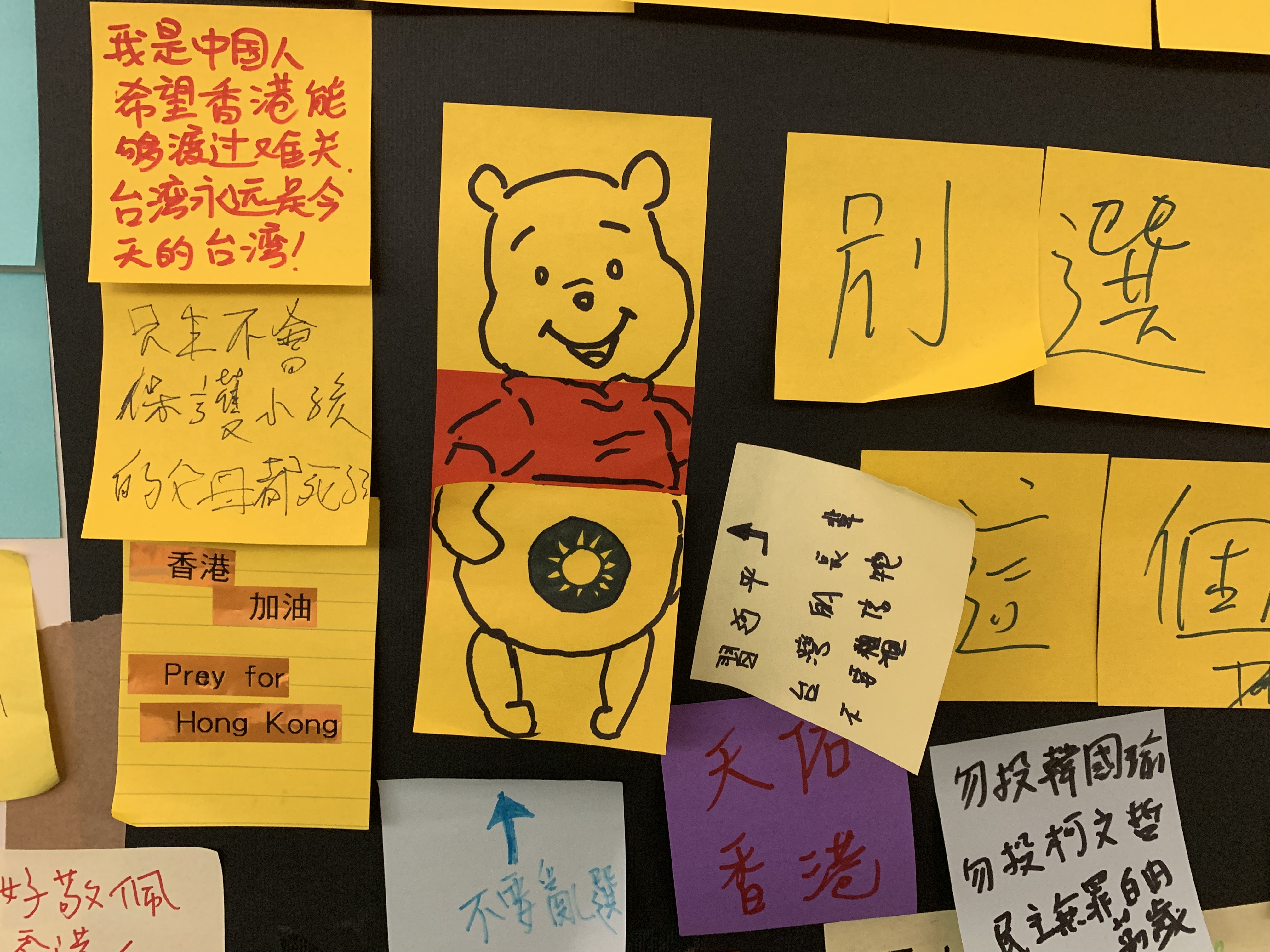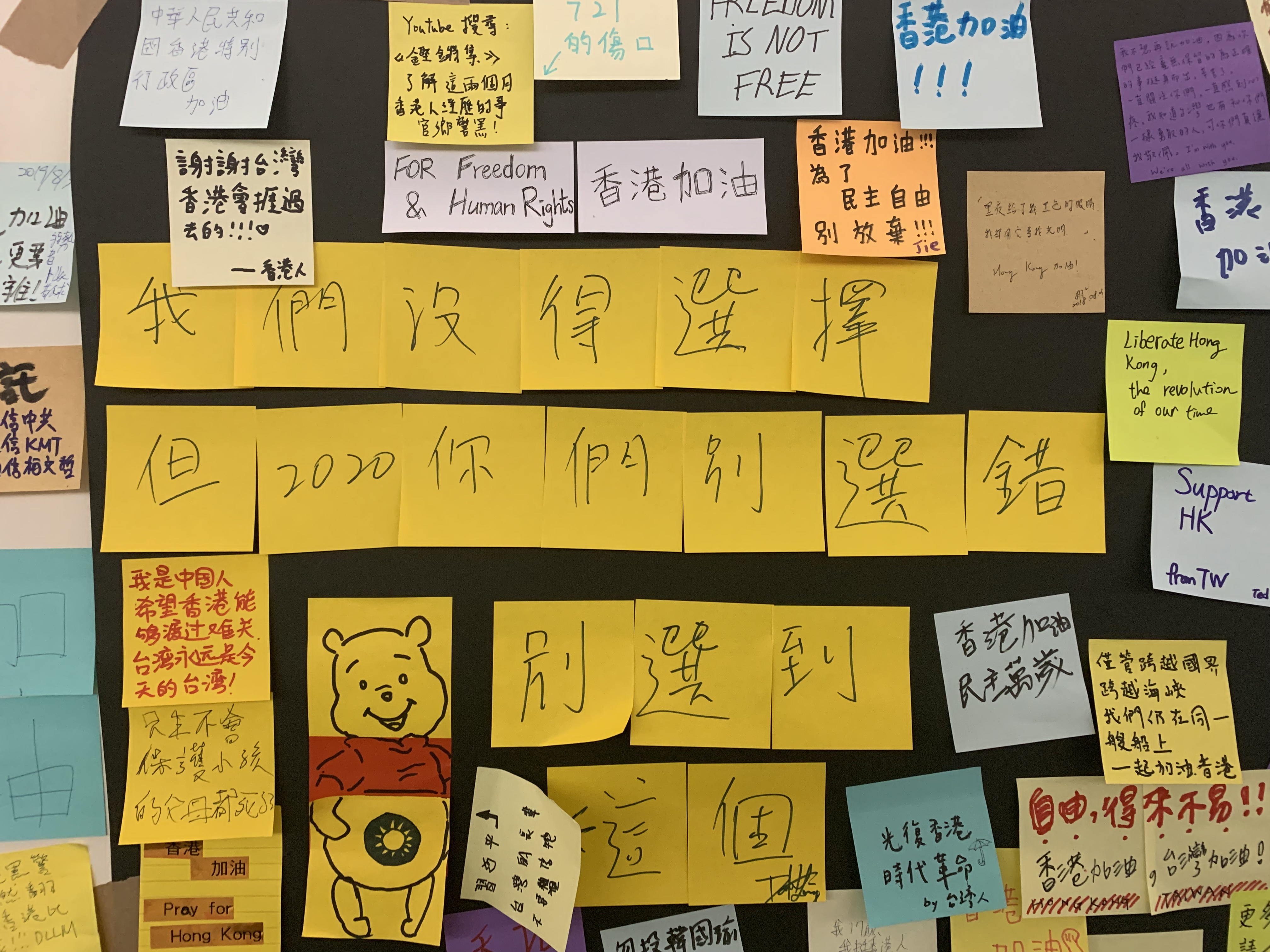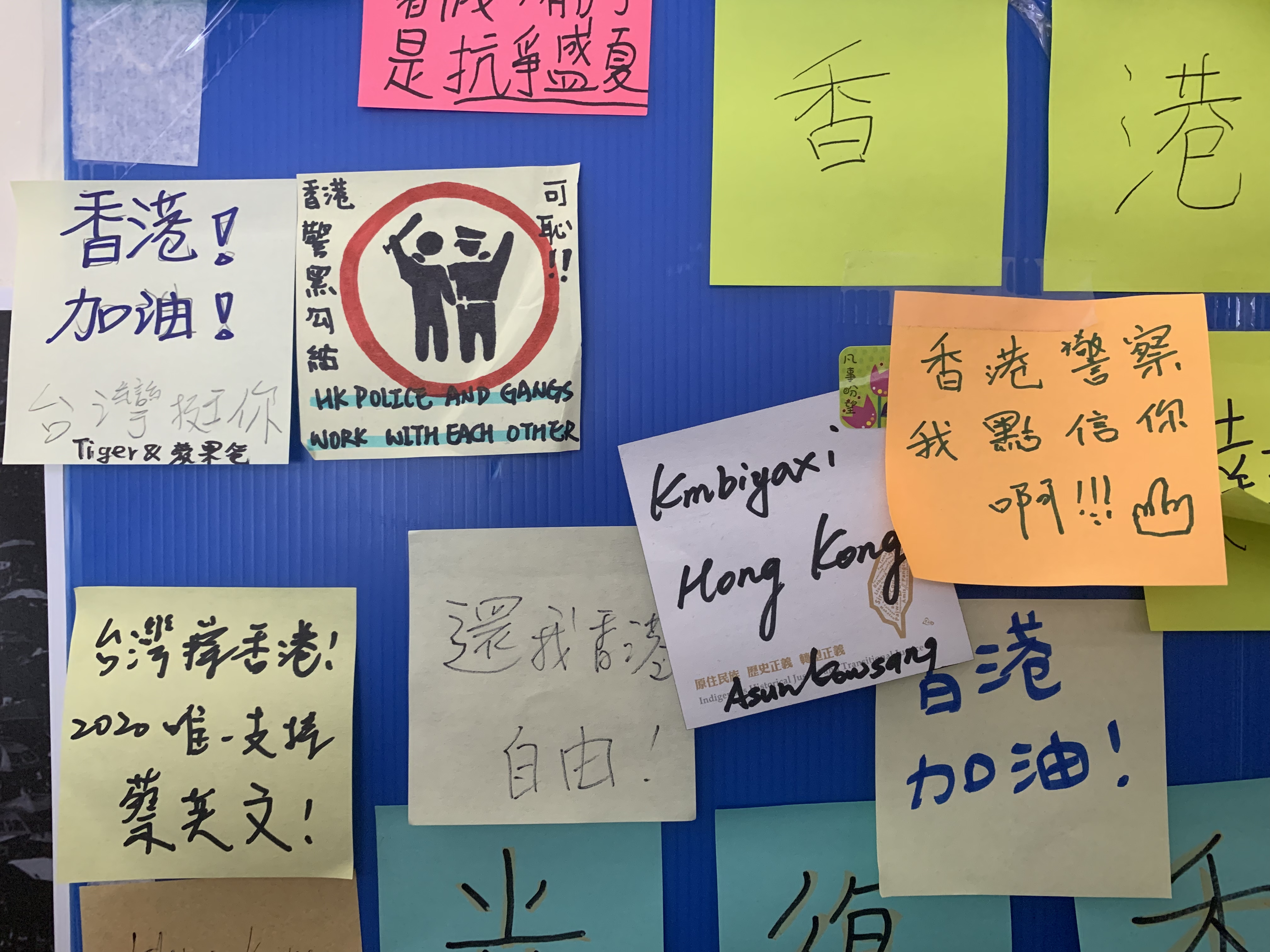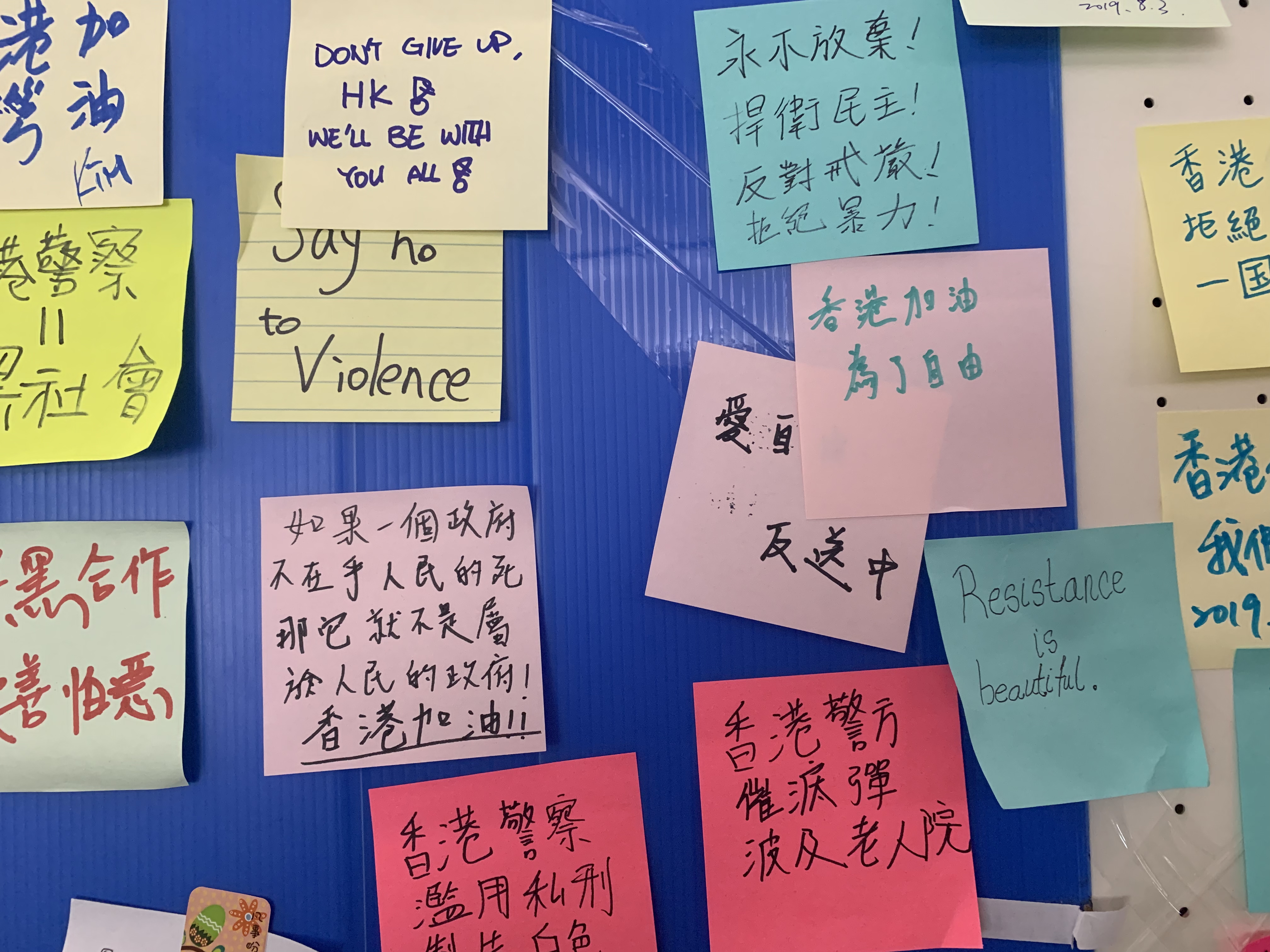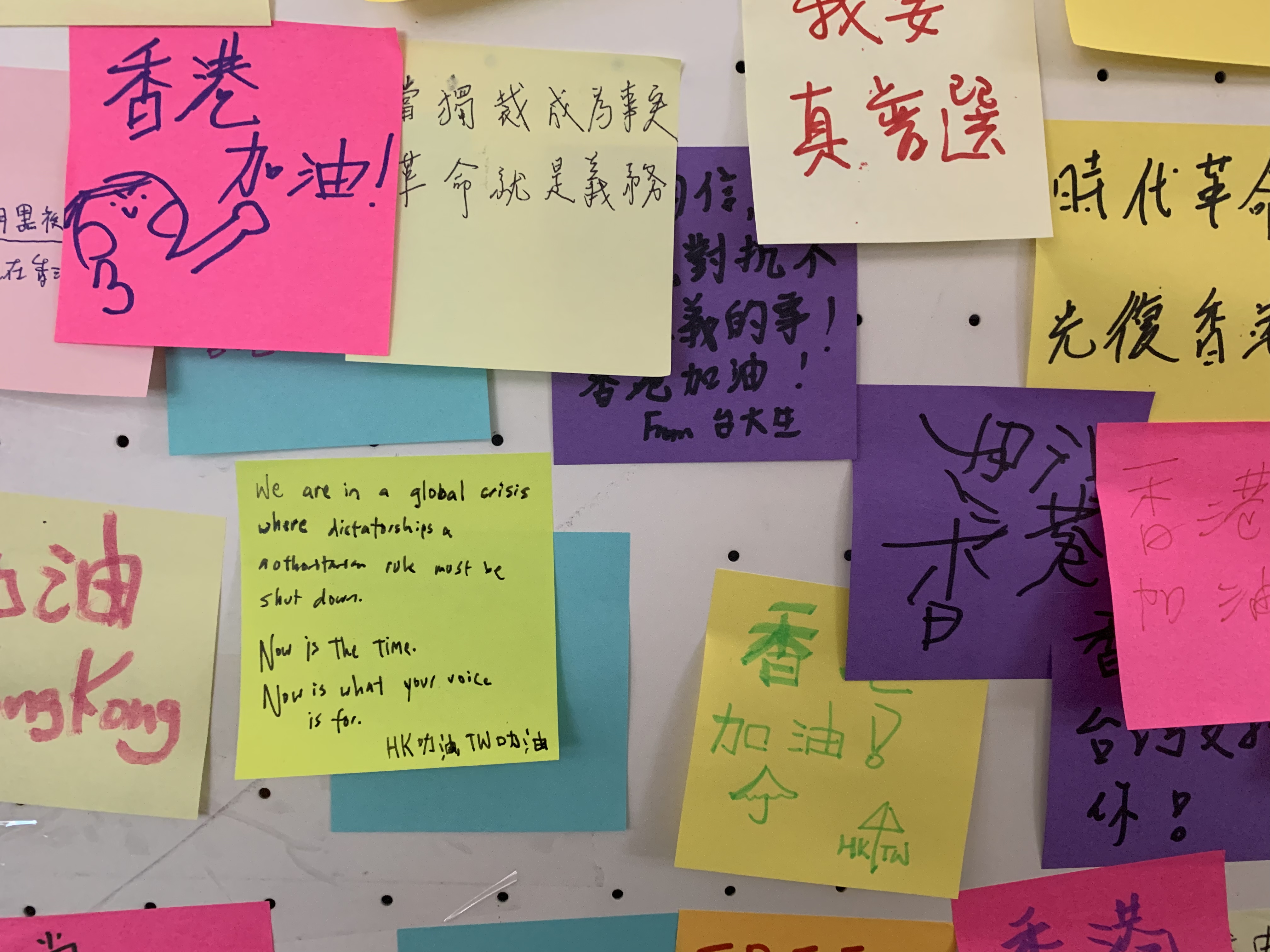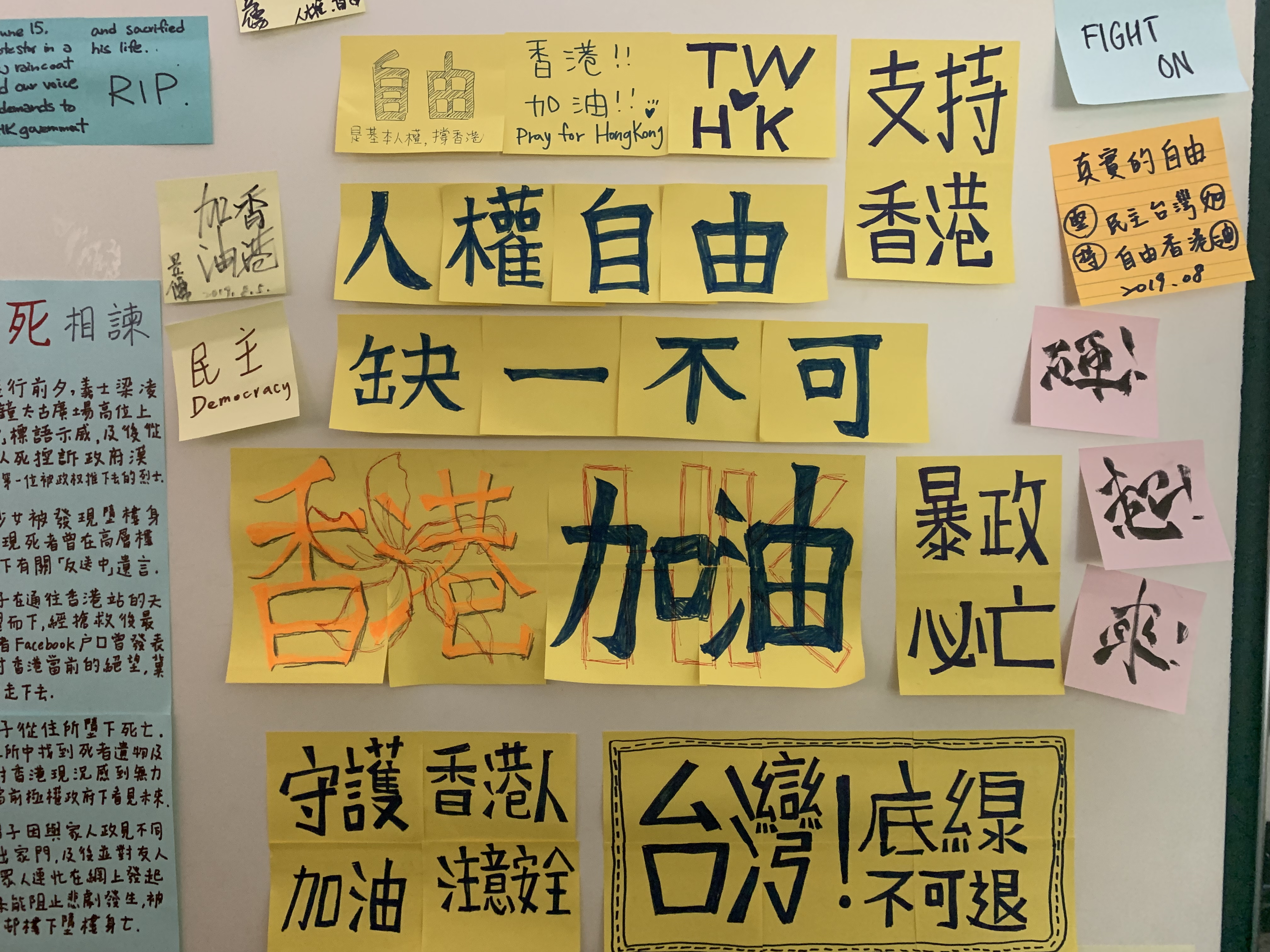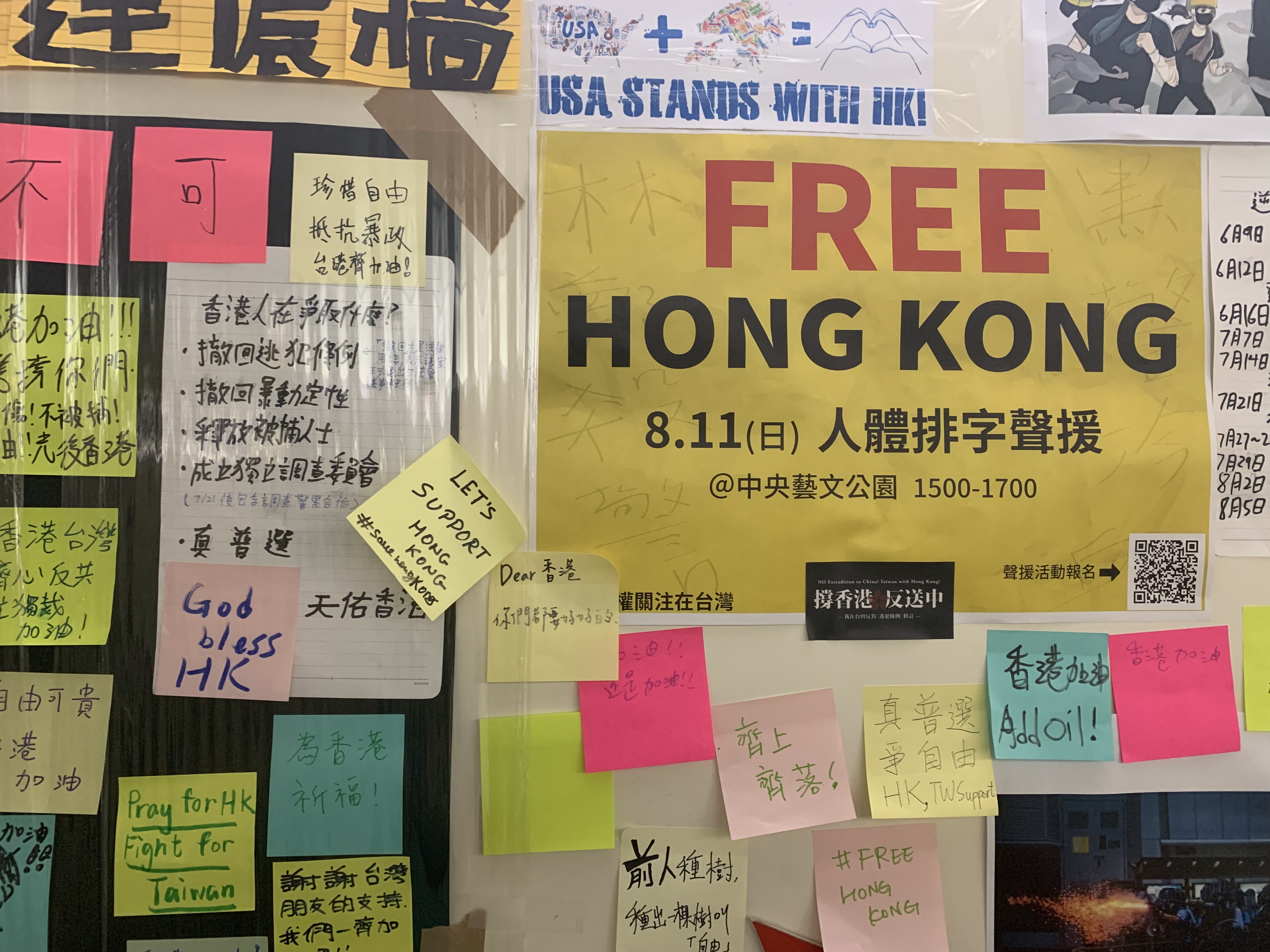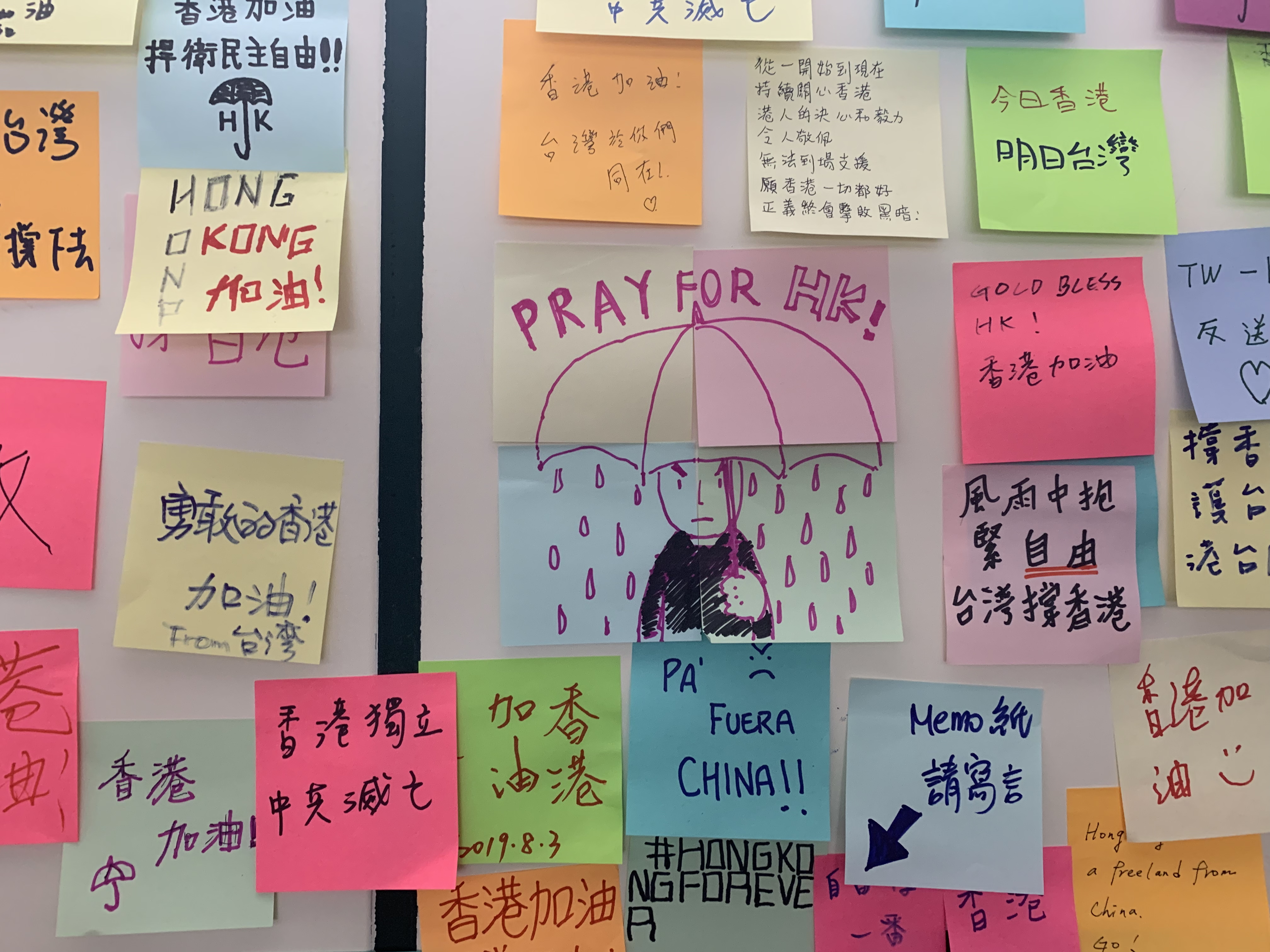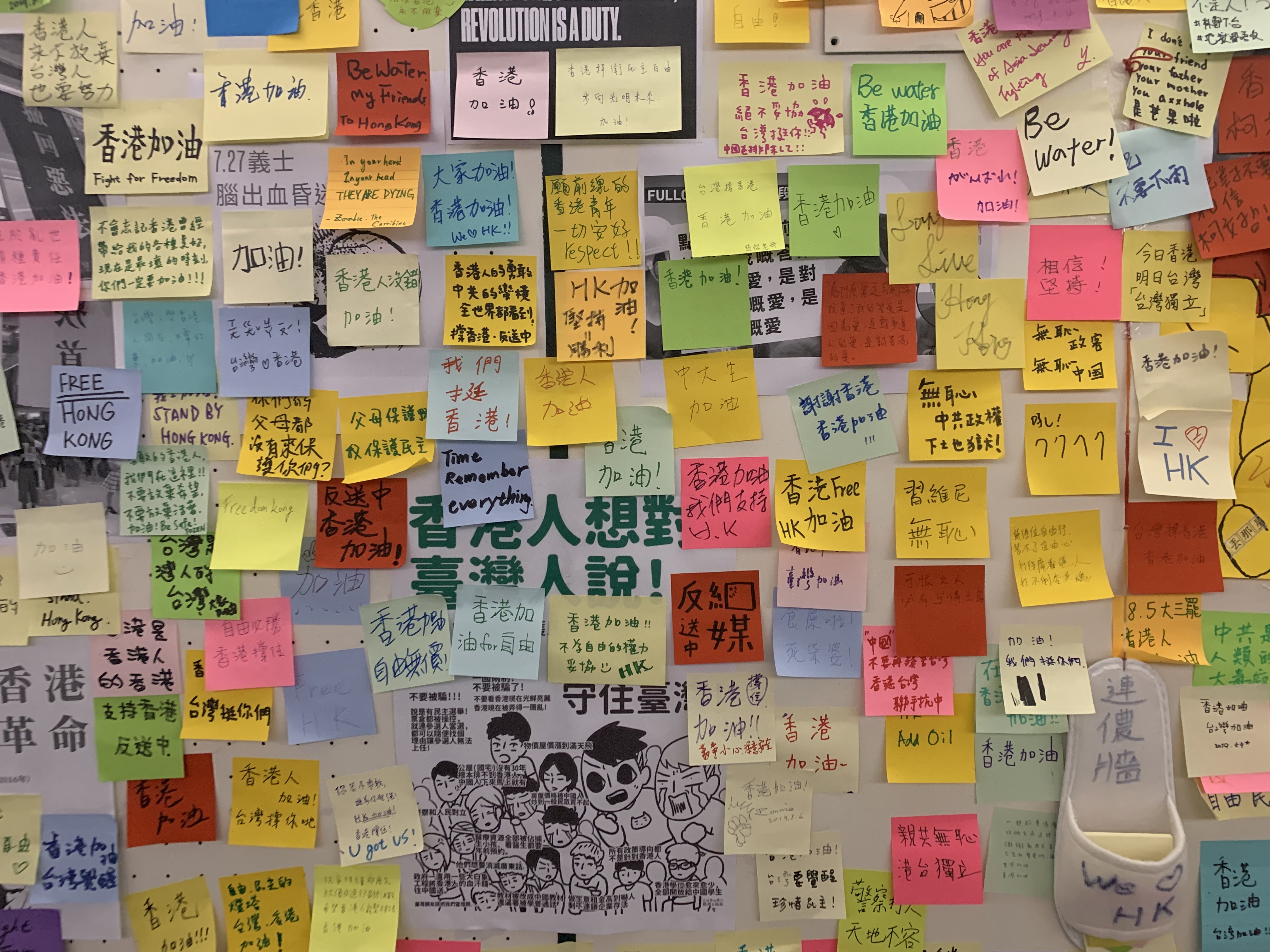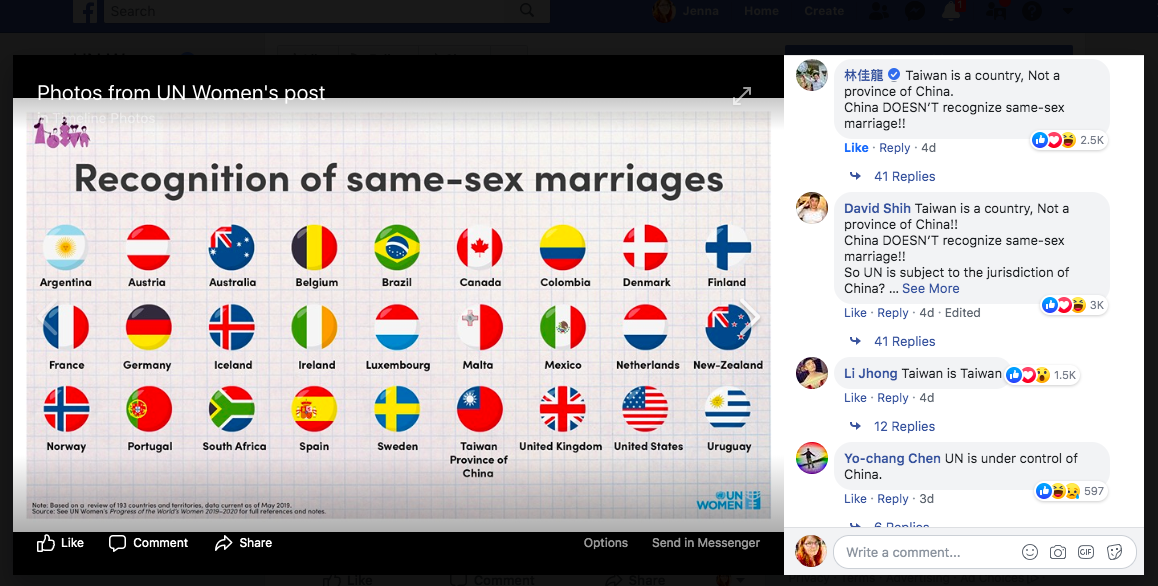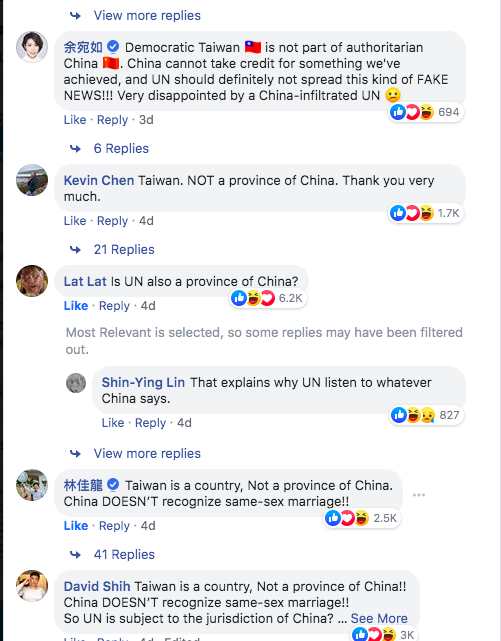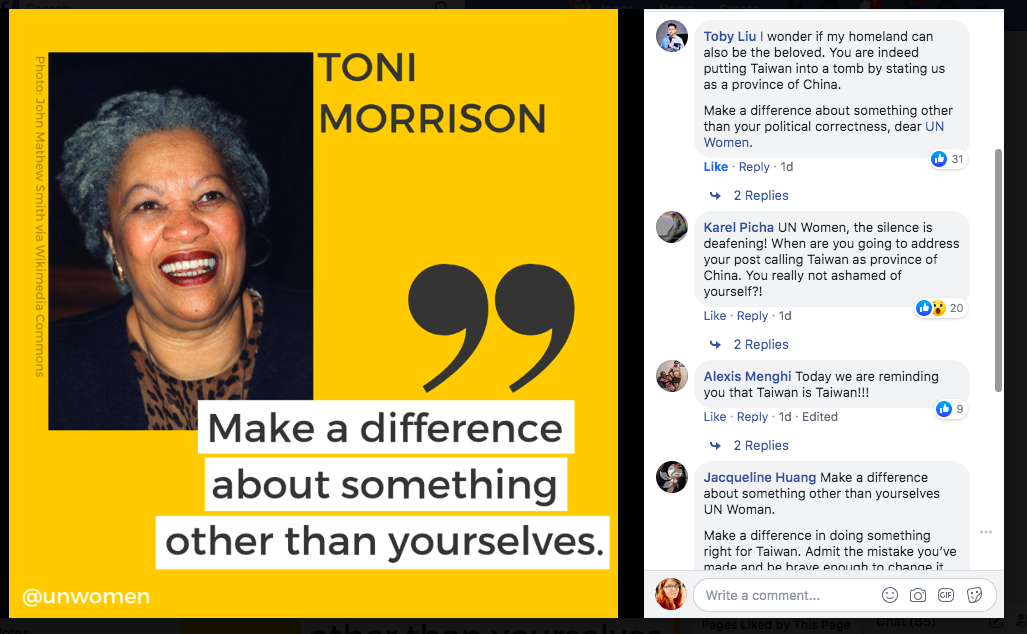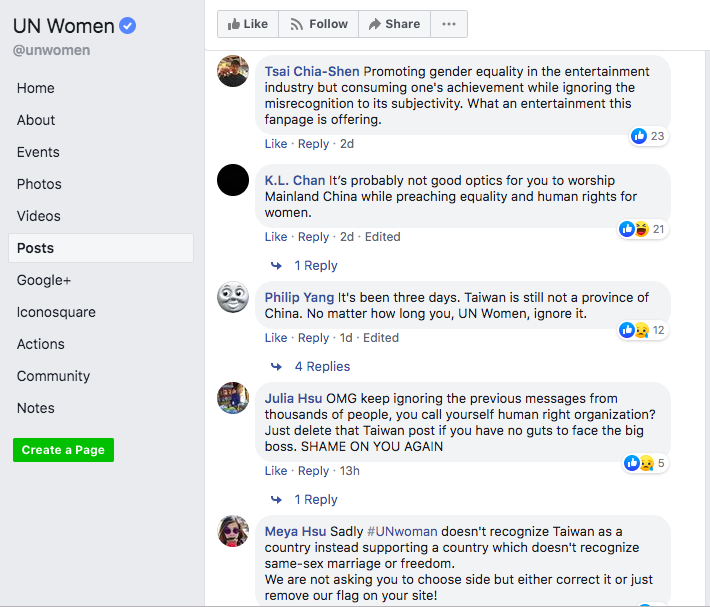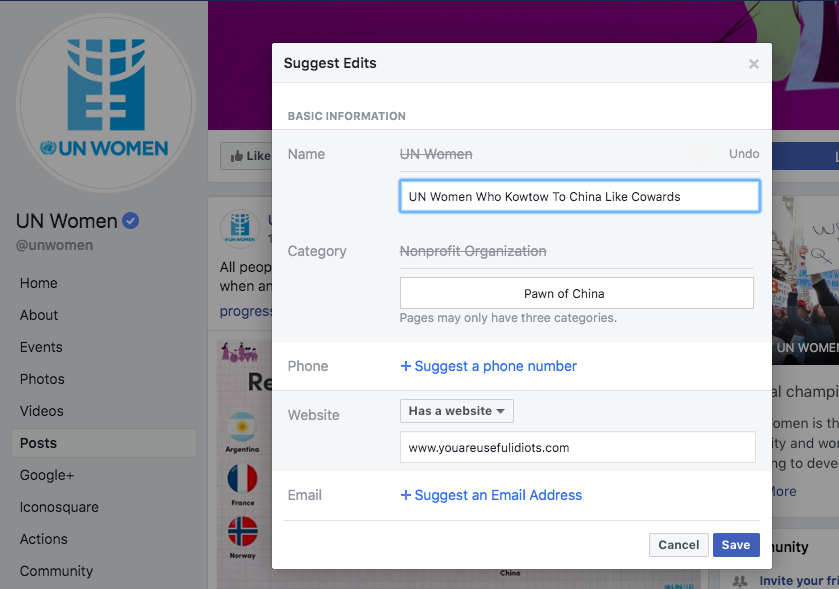
Su Beng (史明), a true hero of the Taiwan independence movement, passed away late last night at the age of 103 (101 by Western age counting).
He's most famous for writing Taiwan's 400-Year History (available in English in Gongguan bookstores 台灣ㄟ店 and 南天書局 - the English version is much abridged from the massive tome in Chinese), but also for being forced into exile in Japan in 1952 due to his leading role in the Taiwan Independence Armed Corps (they really were armed, and had a plan to assassinate Chiang Kai-shek in the early years of the White Terror). Perhaps you've heard of his noodle shop in Japan, where he'd also gone to university. I believe the shop still exists - more than one of my friends and students in Taiwan have brought their children there while on vacation in Tokyo, so that the younger generation might understand something about Taiwan's history. Before 1949, he'd also 'worked undercover' in China; I don't know what he did there, but it could probably fill a whole new book of stories. He wasn't one for peaceful resistance, after all.
Enough with the bio - I met Su Beng once.
I was a young, silly Taiwan neophyte - in Taiwan for perhaps a year, perhaps two, but still just a flighty English teacher and not much more than that. I kind of knew who he was, but not really. Not really really. I didn't get a picture, and I still regret that - I can't join the friends of mine who are putting their photos with Su Beng online to mourn his passing. If I believed in anything like a conscious force behind the universe, I'd wonder why it put me in the presence of greatness before I was ready to truly appreciate that fact; as an atheist, I know it was just bad timing.
It feels odd to be so glum about the passing of such an ancient man, who lived a long and meaningful life and made a real contribution to Taiwan. Death is natural, it's part of life, and he was over a century old. But he was also a living legend, so it feels like a piece - a quarter or so of those 400 years - of Taiwan's history has also gone from present to past. If there's one thing all of us who fight for Taiwan - beyond all the infighting and personal fallouts, beyond all the attacks and power jockeying, beyond the far lefties and the ethnic chauvinists and the idealistic students - can agree on, it's that he was one of the greats. Perhaps even the greatest.
The rain poured down last night as we heard about Su Beng's passing. The land felt quieter; perhaps Taiwan was crying. This morning, it's intangible and indescribable, but the air feels...bereft.
Rest in peace, Su Beng. You made Taiwan's history a little clearer and brighter for all of us, including that dumb white girl you met back in 2007.
And the fight - your fight - continues.

